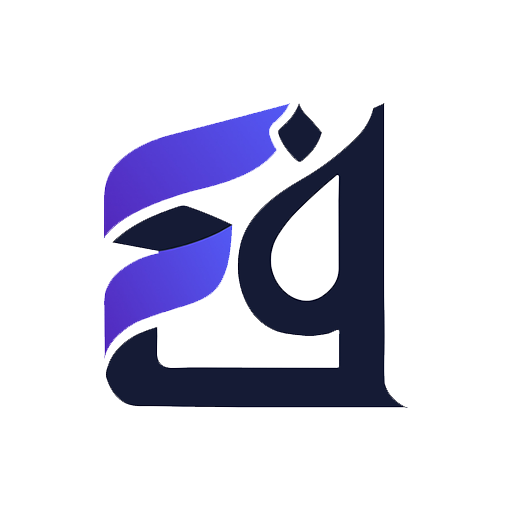Saudi Arabia, with its rich Islamic heritage, relies on Sharia-compliant financial solutions to cater to the diverse needs of its population. In recent years, the Kingdom has witnessed a surge in the popularity of Islamic financing options offered by various banks. In this blog post, we will delve into the different Islamic financing options available in Saudi Arabia, shedding light on how these alternatives align with Islamic principles.
Murabaha Financing
Murabaha is a widely utilized Islamic financing method in Saudi Arabia. In this transaction, the bank purchases an asset on behalf of the customer and then sells it to them at a profit. The profit margin is disclosed upfront, ensuring transparency and compliance with Islamic finance principles.
Ijarah Financing
Ijarah is an Islamic leasing arrangement where the bank purchases an asset and leases it to the customer for a specified period. This method is commonly used for financing homes and vehicles. At the end of the lease term, the customer may have the option to purchase the asset.
Musharakah Financing
Musharakah involves a partnership between the bank and the customer, where both parties contribute capital to a joint venture. Profits and losses are shared according to the agreed-upon ratio. This method is often employed for business financing and real estate.
Mudarabah Financing
Mudarabah is a form of partnership where one party provides the capital (the bank) while the other party (the customer) manages the investment. Profits generated are shared based on a pre-determined ratio, but losses are borne solely by the capital provider. This financing option is commonly used for investment and trade activities.
Sukuk Investments
Sukuk, commonly known as Islamic bonds, are investment certificates that represent ownership in an asset or a project. Investors receive a share of the profits generated by the underlying asset. In Saudi Arabia, banks issue Sukuk to raise capital for various projects, providing investors with a Sharia-compliant investment avenue.
Takaful Insurance
Takaful is an Islamic insurance concept based on the principles of mutual cooperation and shared responsibility. It operates on the idea of participants contributing to a fund that is used to cover potential losses. Saudi Arabian banks offer Takaful insurance products, providing customers with insurance coverage while adhering to Islamic principles.
Islamic Credit Cards
To meet the evolving financial needs of consumers, Saudi banks also offer Islamic credit cards. These cards operate on the principle of avoiding interest (riba) and are structured to comply with Islamic finance guidelines. Users can make purchases, and the bank typically earns revenue through annual fees or profit-sharing arrangements.
Conclusion
In Saudi Arabia, the embrace of Islamic finance reflects the country’s commitment to providing financial services that align with Islamic principles. Whether it’s home financing, business investment, or insurance, the diverse range of Islamic financing options offered by banks in the Kingdom ensures that individuals and businesses can meet their financial needs while remaining in compliance with Sharia law. As the Islamic finance sector continues to grow, it is likely that innovative solutions will emerge, further solidifying Saudi Arabia’s position as a global hub for Islamic finance.

